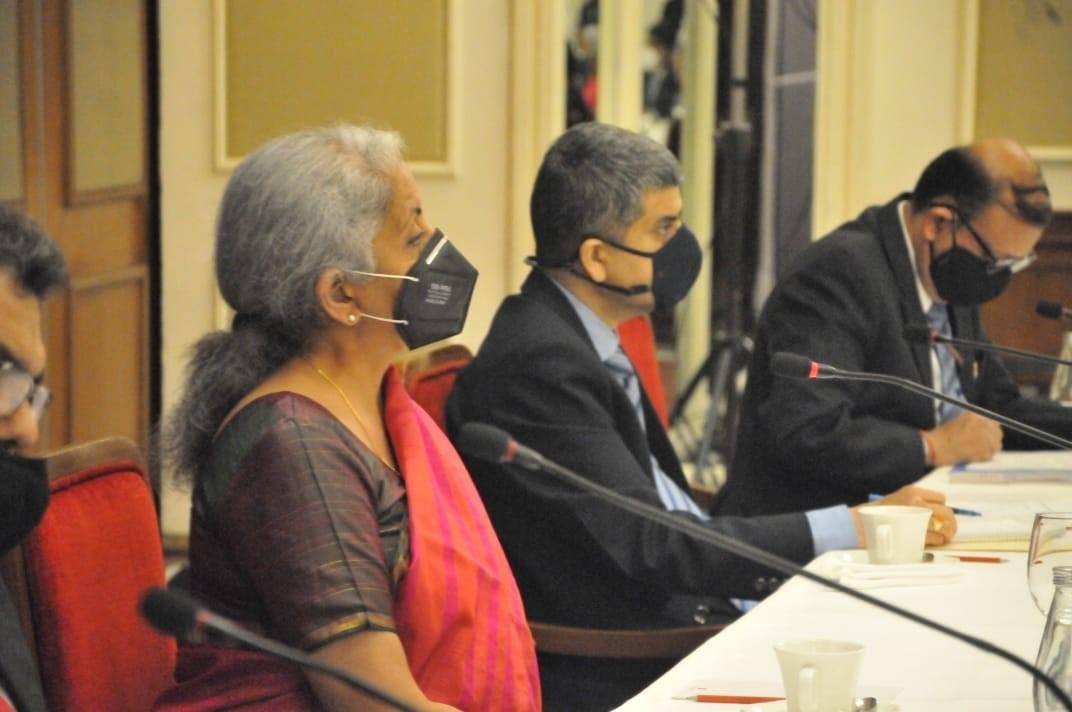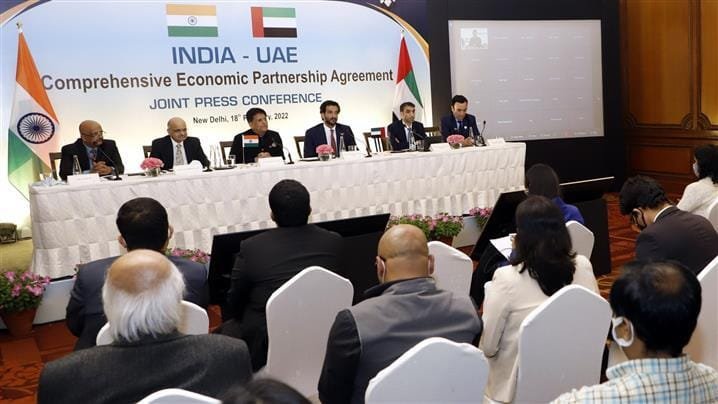Give consumers a fair share
While the measures taken by Competition Commission of India (CCI) are laudable, a better framework with the guidance for self-assessment would have proved to be more beneficial for the businesses in the long run given the uncertainty and the fact that no one knows conclusively when things will normalize.
These are the views of Nishith Desai Associates’ lawyers Vinay Shukla and Payel Chatterjee on the environment created by the deadly COVID-19 which has impacted global economy on 5 May 2020.
Similarly, in the midst of giving a priority to healthcare sector, the CCI has missed out on taking into consideration other sectors such as logistics, groceries among others, which have been included in the ‘essential products/services’ categorization by the Central Government.
It seems that with the right tweaks perhaps this will be more useful and relevant than as it stands today, suggested Shukla and Chatterjee.
The duo elaborated:
In the wake of Covid-19 outbreak amidst economy facing an uphill task, the CCI with the right intent has issued an “Advisory to Businesses in times of Covid-19” on April 19, 2020 for functioning of businesses without disruption.
The CCI, keeping in mind the exigencies, has recognized the need of the businesses especially those involved in critical healthcare and essential services to work in tandem with each other, including by way of sharing of distribution network and infrastructure, timings of operations, transport logistics, R&D, production etc.
The Advisory has been issued with the primary objective to ensure continued supply and fair distribution of products (e.g. medical and healthcare products such as ventilators, face masks, gloves, vaccines etc. and essential commodities) & services (e.g. logistics, testing etc.)
Analysis
The Advisory has come at a time when most of the businesses are at a standstill due to lockdown with the future looking grim and no clarity on full-fledged opening up of businesses. On the consumer side, many of the essential commodities are either in shortage or being sold at exorbitant prices.
While there was always an exception with respect to joint ventures subject to fulfillment of certain conditions, the Advisory should now sheath Section 3 (3) of the Act as well which presumes certain concerted actions between competitors to cause an appreciable adverse effect on competition
While doing so, the Advisory has also emphasized that Act itself has in-built safeguards to protect businesses from sanctions for certain coordinated conducts. The most notable being Section 19 (3) of the Act which requires CCI to render due regard to factors including accrual of benefits to consumers; improvement in production or distribution of goods or provision of services; and promotion of technical, scientific and economic development by means of production or distribution of goods or provision of services.
As with any legislative leeway, there is also a possibility of misuse. To alleviate such concerns, the CCI has clearly cautioned business entities against contravening any of the provisions of the Act under the garb of Advisory and made it clear that only such conduct of businesses which is necessary and proportionate to address concerns arising from COVID-19 will be covered under the ambit of relaxations.
The Competition Markets Authority (CMA) has also followed suit and offered guidance to assist businesses in making their own response assessment confidently.
While deciding if the cooperation between businesses is necessary and indispensable, the businesses are supposed to consider factors such as provision of services to the public or an important sub-set of the public such as key workers or vulnerable consumers (to be considered as efficiency enhancing); likelihood of giving consumers a fair share of benefits if it avoids or mitigates shortages of a product etc.
“Given the measures taken by other countries, we believe that India’s Advisory could also benefit by making suitable amendments,” said Shukla and Chatterjee.
Addition of proper guidelines or clarifications specifying sectors and industries that will come under the ambit of the Advisory. For example, in UK the sectors amenable to the benefits and exclusion have been clearly identified unlike the mere mentioning of certain products as in the case of India.
Even the ACCC has granted interim authorizations to a wide range of sectors as against mentioning particular products. This makes it imperative for businesses to dread on the path of caution and not abuse their position in the market to gain economic benefits.
Clarification regarding the vaguely worded “necessary and proportionate” caveat. In the absence of any clarification it does more harm than good by creating an ambiguity for bonafide business entities and providing a leeway for the other entities to possibly take advantage of such provisions.
Further, any guidance for self-assessment would also be appreciated.
Interestingly enough, the CMA has laid down a four-tiered test to determine the necessity of the measures that can be taken by businesses during these times, they noted. fiinews.com










